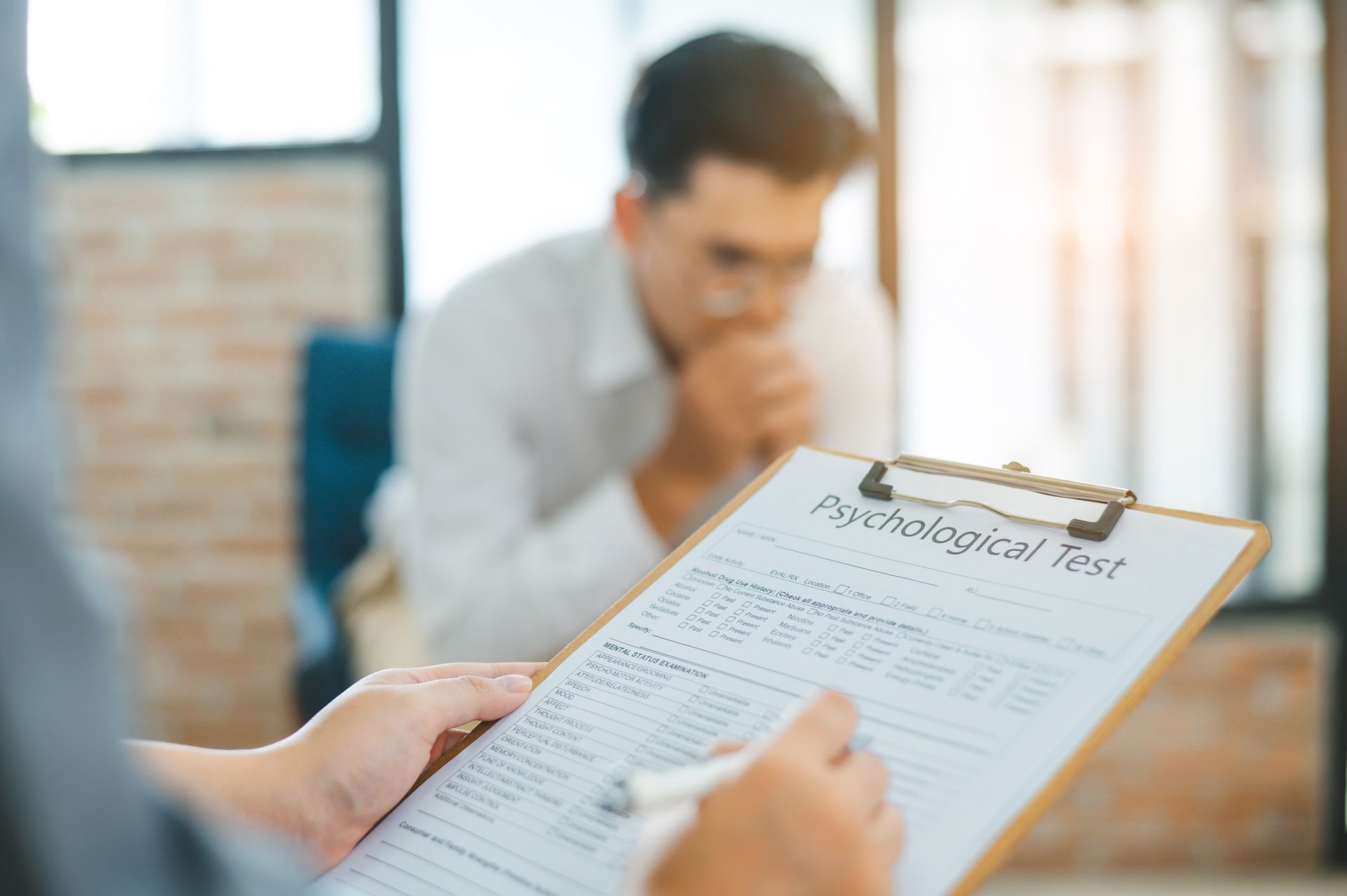Young Adults and Focus Problems
In today’s fast-paced world, many young adults find themselves struggling to concentrate—whether it’s in a college lecture, a Zoom meeting, or while juggling multiple part-time jobs. If you’ve ever felt like your mind is constantly wandering, or that focusing on one task feels downright impossible, you’re not alone.
The challenges of modern life, amplified by digital distractions and increased stress, have made focus problems a common concern for young adults everywhere. But what’s really behind this struggle, and more importantly, what can you do to reclaim your concentration?
The Hidden Causes of Focus Problems in Young Adults
Young adulthood is a unique period with rapid life changes, new responsibilities, and, often, a relentless pressure to perform. The National Institutes of Health highlights that brain development continues well into the mid-20s, especially in areas critical for decision-making and self-regulation. This ongoing development can make young adults particularly sensitive to stress and distractions.
Stress, in particular, is a key player. According to the American Psychological Association, Generation Z and millennials report significantly higher stress levels than older adults. Stress hormones like cortisol can disrupt the brain’s ability to concentrate, especially when stress becomes chronic.
On top of these biological factors, today’s world is filled with more distractions than ever. The constant ping of social media notifications, the temptation to multitask, and the pressure to always be "on" can fragment attention and make it difficult to focus for extended periods. A 2023 meta-analysis published in Educational Psychology Review found that young adults who frequently multitask with digital devices score lower on sustained attention tasks.
How Stress Makes Concentration Harder
It’s not just a feeling—stress really does make focusing harder. When you’re under pressure, your body’s fight-or-flight response can kick in, making it difficult to settle down and pay attention to one thing. This stress response evolved to help us survive immediate threats, but in a classroom or workplace setting, it often backfires.
Chronic stress impacts the prefrontal cortex—the area of the brain responsible for complex thinking and focus. Over time, this can lead to mental fatigue, forgetfulness, and a sense that your brain just won’t cooperate. If you notice yourself rereading the same paragraph over and over, or zoning out during meetings, stress may be playing a bigger role than you think.
The Role of Sleep, Nutrition, and Physical Health
While you might want to reach for another cup of coffee or energy drink, these quick fixes can’t replace the foundation of good focus: sleep, nutrition, and exercise. According to a comprehensive review in the International Journal of Psychology Sciences, young adults who get less than the recommended 7–9 hours of sleep are more likely to report problems with attention, memory, and learning.
Nutrition also plays a significant role. Diets high in processed foods and sugar have been linked to reduced attention spans and cognitive performance. On the other hand, a balanced diet rich in omega-3 fatty acids, fruits, vegetables, and whole grains can support brain health and improve concentration.
Physical activity is another powerful (and often overlooked) tool. Regular exercise increases blood flow to the brain, boosts mood, and helps regulate sleep—three factors that are essential for staying focused. Even short walks or stretching breaks can make a noticeable difference in your ability to concentrate.
Recognizing When Focus Problems Need Professional Help
It’s normal to have off days, but if you consistently struggle with concentration and it’s impacting your daily life, it may be time to consult a mental health professional. Focus problems can sometimes be a symptom of underlying conditions such as anxiety, depression, or attention-deficit/hyperactivity disorder (ADHD). AtVital Psych MD, we offer comprehensive evaluations to help you understand what’s at the root of your difficulties and to develop a personalized support plan.
Getting help is a sign of strength, not weakness. Early intervention can make a significant difference, whether through psychotherapy, skill-building strategies, or—when appropriate—medication. Always seek advice from qualified professionals before making decisions about your mental health.
Practical Strategies to Boost Focus and Productivity
While there’s no magic bullet for perfect concentration, there are evidence-based strategies you can start using today to improve your focus.
First, practice mindfulness. Mindfulness techniques, such as deep breathing or guided meditation, have been shown to reduce stress and enhance attention. Apps like Headspace or Calm offer guided sessions that fit into even the busiest schedules. A study republished inAPA found that mindfulness meditation significantly improves focus and cognitive flexibility.
Second, create a distraction-free environment. This means turning off unnecessary notifications, setting boundaries with roommates or colleagues, and designating a specific workspace. The Pomodoro Technique—working in focused 25-minute bursts followed by short breaks—can help maintain attention and prevent burnout.
Third, set realistic goals and prioritize tasks. Break big projects into smaller steps and tackle them one at a time. Using tools like planners or digital apps can help you track your progress and stay organized.
Finally, be kind to yourself. Focus is a skill that takes practice. Celebrate small wins, and don’t be discouraged by setbacks.
Building a Focus-Friendly Future
The challenge of staying focused is a reality for many young adults, especially in times of stress. By understanding the factors that make concentration difficult and adopting practical, evidence-based strategies, you can set yourself up for greater productivity and well-being. Remember, you don’t have to navigate these challenges alone. If focus problems are interfering with your goals, reach out to Dr. Kalvin Kapoor, Psychiatrist, at Vital Psych MD for personalized support and guidance.
Your ability to concentrate is not fixed—it’s a skill you can nurture and strengthen. With the right tools and a compassionate approach, you can take control of your focus and thrive, no matter where life takes you.











